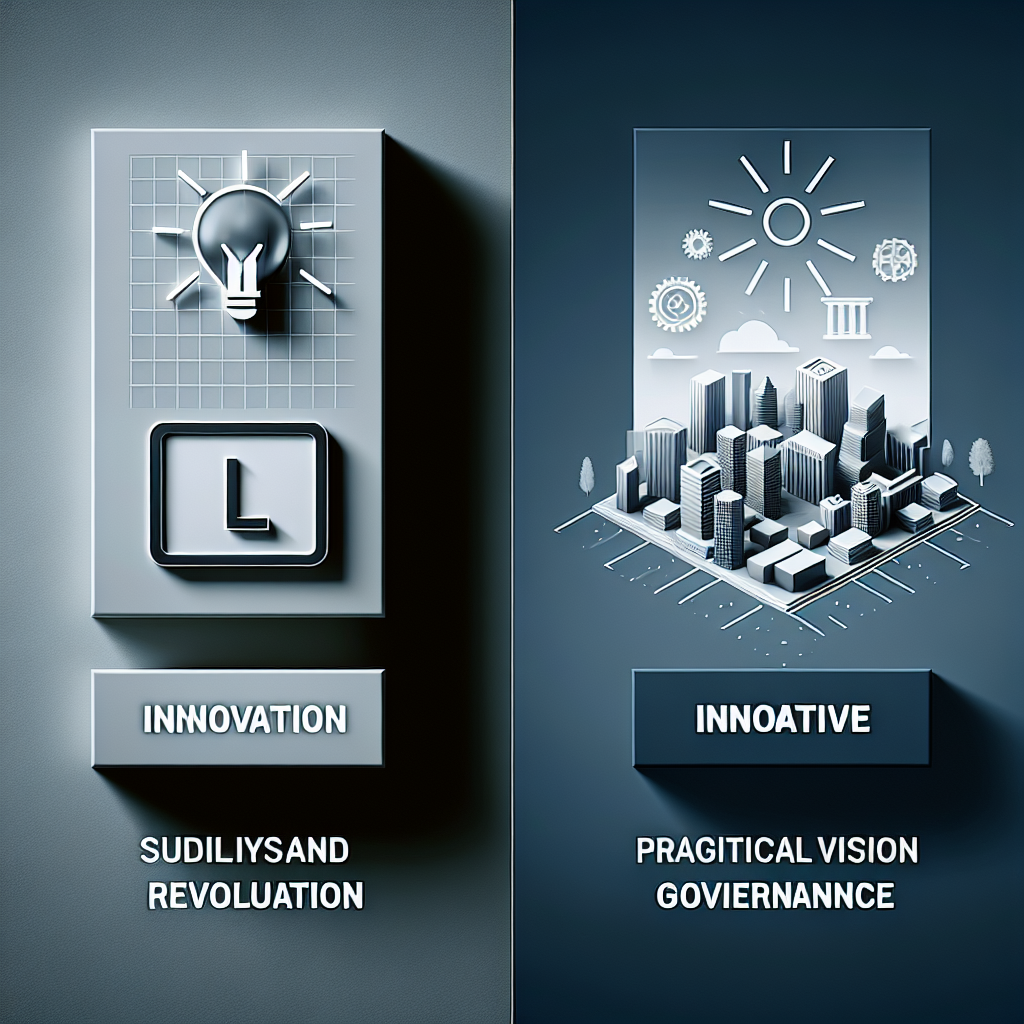Welcome back to another episode of Continuous Improvement, the podcast where we explore strategies for creating a fulfilling and thriving life. I'm your host, Victor, and today we're diving into the importance of family and the role it plays in our overall well-being and personal growth.
But before we begin, I want to take a moment to thank our sponsor for today's episode, XYZ Company. Their support allows us to bring you meaningful content every week. Now, let's jump right into it.
Family is often seen as a sanctuary, a place where we can recharge and find solace after a long day at work. We all know how demanding our professional lives can be, but carving out quality time with our loved ones is vital for our overall happiness and fulfillment.
In a recent blog post, I shared how I envision spending weekends with my partner, engaging in activities we both enjoy, learning something new, and creating lasting memories. These moments allow us to disconnect from work distractions and be fully present both physically and mentally. It's during these times that we truly recharge and find joy in each other's company.
But family is more than just a source of personal rejuvenation. It's also an opportunity to make a positive impact on the next generation. As parents, it's our responsibility to nurture our children, not just financially, but also emotionally and morally. Instilling values such as kindness and resilience prepares them to navigate the challenges of the world and become better individuals.
I firmly believe that if we bring children into this world, we owe it to them to lead fulfilling lives ourselves and share those experiences with them. By doing so, we give them a foundation of love, support, and inspiration that will shape their own paths. This isn't always easy, but with commitment, we can create a home where relationships are harmonious and built on respect.
Now, you might be wondering how we can maintain a positive outlook and teach our children to do the same, especially when life throws its inevitable curveballs. It's about recognizing that despite the hardships, life also holds immense beauty and significance. By focusing on the brighter aspects, we can guide our children to see the world through a hopeful lens.
So, let's make a pact today—to give our family the attention and dedication they deserve. Let's not only strive for success in our careers but also in raising our children to become responsible citizens. Together, we can create a strong and supportive family unit that empowers each member to grow and thrive.
That's it for today's episode of Continuous Improvement. I hope you found some inspiration and insights in our exploration of the importance of family. Don't forget to tune in next week for another thought-provoking topic.
And remember, as we work towards personal growth and success, let's always prioritize our families and the love and support they bring to our lives.
Thank you for listening to Continuous Improvement with Victor. If you enjoyed this episode, don't forget to subscribe and leave a review. You can also follow us on social media for updates and sneak peeks of upcoming episodes. Until next time, remember, the journey to a fulfilling life is an ongoing process of growth and improvement.

